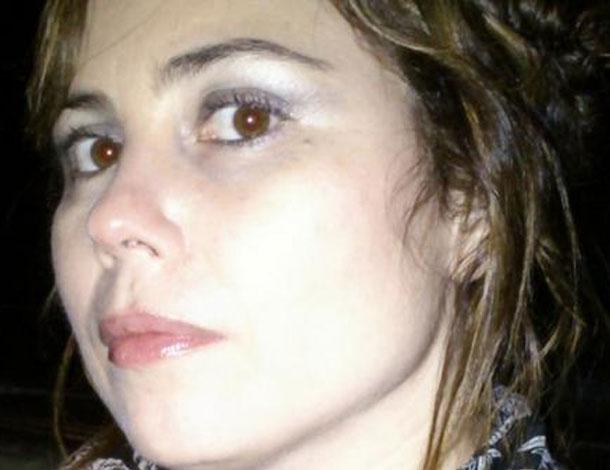Key issues for understanding the fight to depathologize fat
Being fat is part of the great diversity of humans, yet from a hegemonic medical perspective all kinds of fat are considered a medical risk, limiting the issue to a simple arithmetic calculation of unhealthy consumption and lack of exercise.
This adds up to a strange condition: a disease whose cure depends more on the willpower of the patient than treatment and whose causes, which are both biological and cultural, are considered a matter of individual responsibility over one’s diet. The reality for fat people is a tad more complicated, and includes issues ranging from individual characteristics to collective matters, such as family eating rituals, access to food and the different intersecting social and cultural categories in which we find ourselves.
What is pathologization? How does it affect fat people?
The pathologization of fat adults and children involves labelling them as ill solely based on their body size and a specific weight which has been deemed excessive – this, according to universal standards which have varied over time based more on economic reasons than scientific ones. Medical knowledge has pathologized fat in the same way it has other bodily variations, precluding the admission of diversity as a potential framework for understanding human bodies. In addition, the commercialization of health care has produced huge profits for the medical diet and treatment industry, invariably equating thinness with health.

These diagnoses serve to perpetuate normative distinctions between experiences of body weight that are considered healthy and other experiences considered pathological, and oblige people to mold themselves to a certain body type, regardless of the multiple factors that make up each body and its life trajectory. We fat activists believe that medicalization of fatness has worsened the stigmatization of fat people. Pathologization is an obstacle to overcoming negative attitudes and stereotypes of fat people that are common throughout society, in addition to the many obstacles that fat people face in all aspects of our daily lives.
Stigmatization of fat people not only contributes to the marginalization, discrimination and exclusion of fat people in educational contexts, employment, transportation, housing, and health care; it also exposes us to violence and harassment. In addition to difficulties accessing employment, paradoxically the pathologization of fat has negative effects in terms of unequal access to health care. Certain medical weight loss practices also entail risks to our physical integrity. Just as intersex activism has shown the importance of making the experiences of intersex persons visible, at the same time we must alert others of our experiences as patients, where we are routinely not heard or have our words distorted. The stigma surrounding fat negatively affects our mental and physical well-being, together with other intersectional forms of oppression linked to socio-economic status, gender, sexual orientation, age and other variables.
Activism for the depathologization of bodily, gender and sexual diversity: a shared future
When I was invited to participate in the 2016 AWID International Forum in the session “Depathologization: A Struggle for All”, which was organized by Global Action for Trans* Equality (GATE), I felt that efforts of the incipient fat activism in the global South were beginning to materialize, paving the way to build a broader movement around body diversity. The fat activism in which I am engaged is still in an early phase of creating strategies of depathologization and so we have a lot to learn from related activisms and allies such as those with whom I will share during the session. That is why participating in the forum is more than a personal achievement; for me it is another step towards greater recognition of the perspectives of fat people as a potential opportunity for social change and contributor of new theoretical and practical perspectives for the celebration of bodily diversity.
This session will enable activists from around the world to share challenges involved in resisting compulsive diagnoses and human rights violations of people who are pathologized. We will have the opportunity to generate collective strategies to overcome dynamics of pathologization, discrimination and exclusion which violate or seriously limit our access to fundamental rights. I believe that feminists and all people interested in the rights of trans, intersex, functionally diverse, and fat people can learn a lot from the fight for depathologization which each one of these movements can take on, from their own perspectives. As our session invitation says, we are at a historical moment to turn the tide and to work together to depathologize our shared future. I invite all of you to declare depathologizatoin a feminist issue and to defend bodily, gender and sexual diversity worldwide.
About the athor
Laura Contrera (Argentina, 1977): Fat activist for bodily diversity, philosophy professor and lawyer who lives and works in the greater metropolitan area of Buenos Aires, where she publishes the fanzine Gorda! and teaches undergraduate classes at the National University of La Matanza and graduate classes at the National University of Lomas de Zamora. Laura is author of book chapters and various articles on gender, identities, subjects, bodies and rights. This year she co-edited with Nicolás Cuello a book on fat activism for the Madreselva publishing house called “Cuerpos sin patrones. Resistencias desde las geografías desmesuradas de la carne” (“Bodies without patterns: Resistances from the disproportionate geographies of the flesh”).
